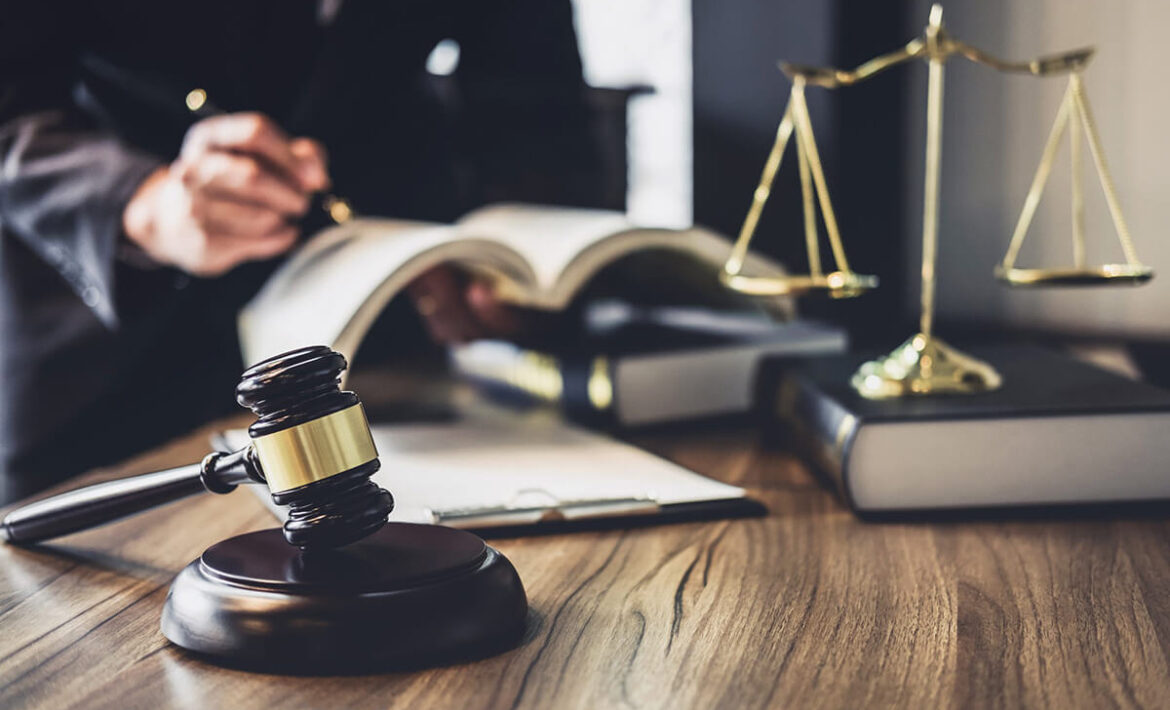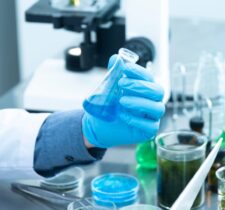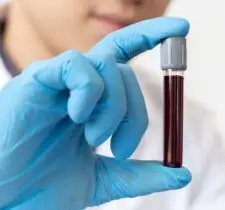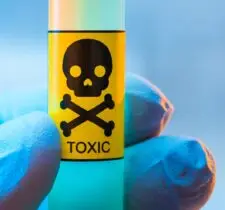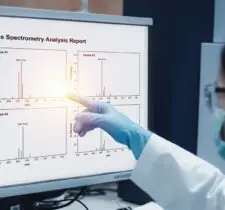Forensic toxicology is a branch of forensic science that focuses on the analysis and interpretation of substances, such as alcohol and drugs, in biological samples. This provides important information for legal investigations, medical examinations, and public health matters. It involves the application of scientific principles to identify, quantify, and understand the effects of various substances on the human body. Central to this field is the forensic toxicologist, a scientist who specializes in examining samples from living or deceased individuals to determine the presence and impact of toxic compounds.
An Overview of Forensic Toxicology
Forensic toxicology is a somewhat broad field. Not only does it encompass the study of substances that may have a toxic effect – such as drugs, alcohol, poisons, and other chemicals – the discipline relies on principles from various other scientific fields – like chemistry, pharmacology, biology, and physiology. An important aspect of forensic toxicology is the ability to analyze biological samples and provide findings that may be valuable for legal purposes.
What is a Forensic Toxicologist? What Does a Forensic Toxicologist Do?
A forensic toxicologist is a scientist with expertise in many areas of science, including chemistry, toxicology, pharmacology, biology, and other scientific or medical disciplines. Their role can be multifaceted and involve several key responsibilities:
Sample Collection and Handling:
Forensic toxicologists receive and handle biological samples from living individuals or deceased persons. These samples can include blood, urine, hair, and tissues. Maintaining the integrity of samples and adhering to a strict chain of custody is crucial to ensure accurate and reliable results.
Identification of Drugs and Poisons:
Toxicologists use various advanced analytical methods within a laboratory setting to detect and quantify toxic substances in biological samples. Techniques such as gas chromatography, liquid chromatography, mass spectrometry, and immunoassays help identify drugs, alcohol, poisons, and other compounds.
Quantitative Analysis:
Forensic toxicologists quantify the concentration of alcohol, drugs, metabolites, and other substances in the body, which is crucial for assessing their potential effects and contributions to the circumstances under investigation. Accurate quantification may assist in establishing the level of impairment or toxicity.
Data Interpretation:
Once the analysis is complete, the forensic toxicologist interprets the results in the context of the specific case. They assess whether the detected substances are within therapeutic or toxic ranges and consider factors such as postmortem redistribution, metabolism, and the potential effects of multiple substances interacting in the body.
Report Writing:
Toxicologists prepare detailed reports summarizing their findings, methodologies, and interpretations. These reports are essential for presenting scientific evidence in court and providing information to other professionals involved in the case.
Expert Testimony:
Forensic toxicologists often testify as expert witnesses in legal proceedings. They explain complex scientific concepts and toxicology results to non-experts, helping judges, juries, and attorneys understand the significance of their findings.
Research and Development:
To stay current with advancements in the field, forensic toxicologists research and develop new analytical techniques and methodologies. This ongoing effort ensures that they can accurately detect emerging drugs and substances.
Ethical Considerations:
Forensic toxicologists must adhere to high ethical standards to ensure the accuracy and reliability of their findings. They must be aware of potential biases and conflicts of interest that could influence their analyses and interpretations.
What type of investigations may a forensic toxicologist assist with?
Forensic toxicologists provide useful information that can assist in several different types of investigations, such as:
Cause of Death Determination:
In cases of unexplained or suspicious deaths, a forensic toxicologist collaborates with other forensic experts, such as medical examiners and coroners, to identify whether toxic substances played a role in the individual’s demise. By analyzing blood, urine, or tissue samples, they can detect the presence of drugs or poisons that may have contributed to the fatal outcome.
Impaired Driving Investigations:
Forensic toxicologists play a vital role in cases involving impaired driving. By analyzing blood or breath samples, they determine the amount of alcohol or drugs in a person’s system, providing crucial evidence for legal proceedings related to DUI (Driving Under the Influence) or DWI (Driving While Intoxicated) charges.
Criminal Investigations:
Toxicological analyses are often essential in criminal cases involving alleged poisonings, overdoses, drug-related offenses, and drug-facilitated crimes. Toxicologists identify and quantify substances present in the body to establish a link between the individual’s actions and the substances involved.
Insurance Claims, Personal Injury Cases, and Workplace Accidents:
Forensic toxicologists may be called upon to help determine if a substance was involved in an incident or accident and how it affected the individual’s health or behavior.
Public Health Concerns:
Monitoring trends in drug use and abuse is a vital aspect of forensic toxicology. By analyzing data from various cases, toxicologists contribute to identifying emerging substances and patterns of abuse, thus aiding in the development of effective public health policies.
In summary, forensic toxicology is a vital branch of forensic science that involves analyzing and interpreting toxic substances in biological samples. A forensic toxicologist is a trained scientist who is pivotal in investigating cases involving drugs, poisons, and other poisonous compounds. By applying their expertise in chemistry, pharmacology, and analytical techniques, they provide essential information that contributes to criminal investigations, cause-of-death determinations, impaired driving cases, and public health initiatives.


